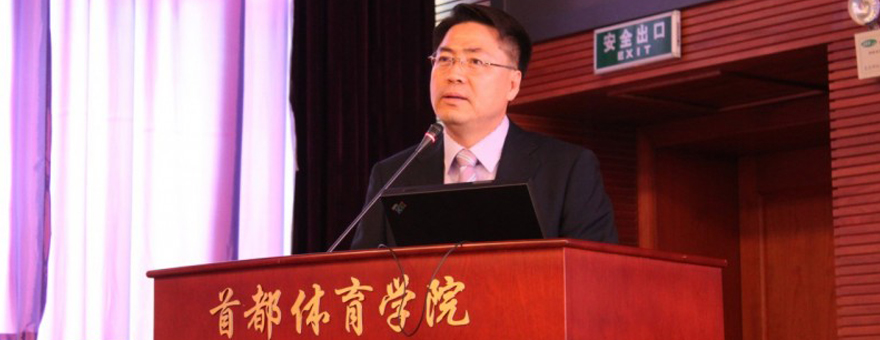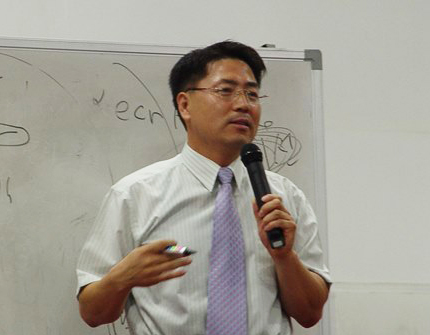1. Meaning of leadership

Leadership is an important element in reaching the objectives and purpose of recreation programs. Various recreation activities also foster leadership. To successfully lead recreation programs, leadership that fits the situation is necessary. The basic knowledge on leadership should be learned. All kinds of recreation activities can be planned to foster leadership among participants in a community.
Where there is a group, there always is a leader. Leaders are not created and made I thought, but leadership can also be acquired in modern time through training according to research on human behavior in tandem with the development of the humanities. Leaders help individuals to amply exercise leadership by taking the same position as the participants during recreation activities and cooperate for common objectives.
Given this background, it is necessary nowadays to foster professional leaders equipped with the proper personality qualities. Instead of the “follow me” leadership of the past, a modern and educational “let's go” leadership that moves together should be fostered. In other words, instead of a leadership premised on one leader’s capabilities for everyone to exercise their full potential, leadership education wherein leaders and members communicate and develop together is necessary.
The definition of leadership and leaders are diverse depending on the qualities of a leader and leading method.
According to the Webster dictionary, a leader is generally a person, conductor, guide, or a person in that position who directly leads or recommends a certain behavior or opinion. Kraus defined a leader as not simply guiding and conducting but as a person providing a possibility or working as a kind of catalyst between a group’s objectives and members. Davis defined leadership as a human element that can provide motivation for a group to achieve the objectives it is pursuing and can bring coherence to the group.
Presthus defined leadership as art that provides motivation and cooperation for the entire group or individuals in order to reach objectives. Rodney basically defined leadership as the force to lead a group to take action in order to reach its objectives. In other words, leadership is the force that can merge efforts and influence a group to achieve its goals.
Murphy, on the other hand, defined leadership as the biggest element in leading a group of all kinds to reach its objectives and is based on reaching the objectives. According to Jensen, leadership is not simply authority but more and a tool to achieve objectives and its success depends on the outcome. Leadership is the core force influencing the behavior of individuals and group. Edginton said a leader should have the passion to lead and provide the motivation to a group’s member. A good leadership can be exercised when there is trust between the leader and the participants.
From the above definitions of leadership, we can surmise that the most important elements of a good leadership is the provision of motivation, influence, support, coherence, catalyst, cooperation, and mutual trust for a group to achieve its goals.
2. The generation of leadership

According to Rodney, leadership is a born authority and position naturally generated in a group from a high level achievement or superiority in a relevant field and status. A born authority means the inheritance of family blood or religious leadership and royal families and people working in the religious field belong here. Such leaders oftentimes exert the force to lead the mass when there is a crisis.
Leadership from a high level of achievement and superiority refers to cases in which a person contributes to a field by with highly evaluated work and is respected in the field and thus can exert commensurate influence. In such cases, the person gets to take the position of a leader in the field. Leadership depending on the position refers to people in positions of leadership because of their status in an organization. There are many people in positions of leadership determined by the position and structure of an organization. Naturally generated leaders in a group, on the other hand, may differ depending on the situation and movement. Such leadership generated for the work of a group may be deemed the joint effort of a group.
In other words, carrying out a group task is seen as the result of not one person’s force but the combination of efforts and functions of individuals in a group.















